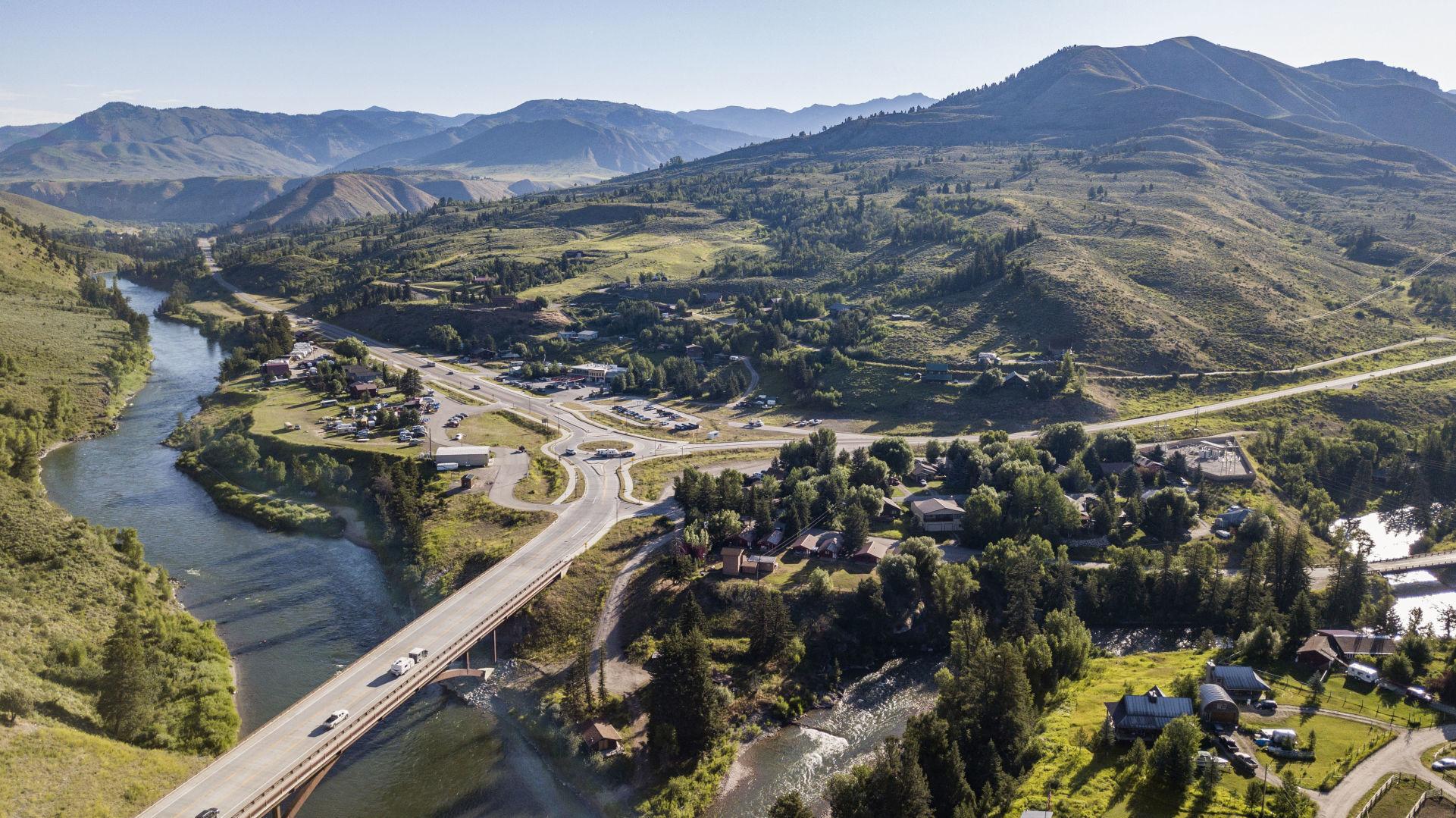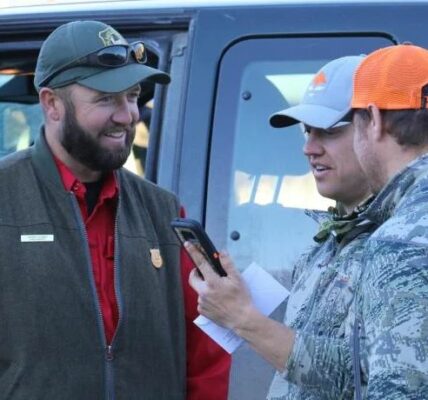
By Billy Arnold
Jackson Hole Daily
Via- Wyoming News Exchange
JACKSON —Admitting no fault, Crowley Capital has settled with the Wyoming Department of Environmental Quality over a string of septic-related violations at the Hoback RV Park.
The settlement was announced roughly a year after Crowley originally gave residents a month to pack up and leave, planning to install a new septic system with less capacity than the old one, which failed and was pooling sewage on the ground above the leach field. That system violated a slew of Wyoming environmental statutes and led the Wyoming Department of Environmental Quality to issue a July 2020 notice of violations, which was echoed by a similar letter from Teton County.
RV park residents organized to fight the eviction notices. They were sent in November 2020, and required residents whose leases ended at the end of December to leave when they concluded, in the middle of winter amid the COVID-19 pandemic. Ultimately, residents were generally able to stay through May; then they had to leave.
Jeffrey Meehan was one of them. He couch-surfed for months during the pandemic and found a place in Alpine, ditching his trailer in exchange for a unit in Targhee Place.
“It was a horrific experience,” Meehan told the Jackson Hole Daily. “I can’t believe it happened, and I can’t believe it happened in a place like Jackson.”
Meehan now pays more than double in rent what he did in the RV park: $1,495 a month versus the $650 he paid before he was kicked out.
Both the Department of Environmental Quality and Teton County worked with Crowley to bring the lot into compliance via installing a new septic system, county sanitarian Ted VanHolland told the Daily. The park is now “in compliance” with county code, he said.
“It’s a good wastewater system that should be protective of all the standards that we have in place,” VanHolland said.
Jennifer Zygmunt, administrator for the Department of Environmental Quality’s water quality division, said there are no outstanding enforcement actions against Crowley. She said it will be in compliance with state regulations when it fulfills the terms of the settlement agreement.
The new septic system is not, however, a system that would have maintained the previous occupancy, which has been reduced from 23 authorized trailer hookups to six, VanHolland said.
In 2020, the notice Crowley was served identified four violations of the Wyoming Environmental Quality Act: discharging more sewage into its septic system than it was permitted to; operating the system with liquid waste on the ground surface; adding wastewater treatment equipment without permits and discharging “water treatment brine” without a permit.
At the time, Teton County’s letter added an additional allegation: A “significant portion” of the leach field tied to the failing septic system was improperly located on an adjacent property.
Per the terms of the settlement, Crowley Capital admits no “liability” or “fault” for the violations. Crowley will be required to pay an $8,344 fine for the violations.
Crowley is required to submit a plan for studying whether discharge of the “brine” impacted groundwater in the area.
It will also be required to work with Hoback residents, Teton County, Teton Conservation District, the Wyoming Water Development Commission, and Department of Environmental Quality to establish a water and sewer district in Hoback Junction. And Crowley will be required to put $75,000 toward a study that will evaluate options for providing the area with clean drinking water.
Elevated nitrate levels have been detected in the Hoback area for years.
“In the event that a water and sewer district is not approved, these funds will be used to supply water filters to the residents of the Hoback Junction area that had agreed to be part of the water district,” the settlement says, adding that the $75,000 from Crowley should expedite the feasibility study.
Unused funds should be spent on constructing drinking water infrastructure if the water district is approved and funds remain.
In all, Crowley had spent “over $100,000” on “corrective actions” to address the violations.
It also said the settlement would invest “nearly $300,000 into additional water quality protection and restoration activities within the area,” according to a press release from the Department of Environmental Quality.
The $300,000 is inclusive of the $75,000 for the study and other initiatives Crowley has agreed to undertake to address water quality in the area, said Lily Barkau, groundwater section manager for the DEQ’s water quality division. That includes investigation of the brine’s impact and costs associated with forming the water district.
Communicating the larger number in the press release, Zygmunt said, was an effort toward making sure that the public had the bigger context.
“We wanted the public to understand what had been accomplished here in the short term and long term to settle that violation,” Zygmunt said.
Crowley Capital did not respond to requests for comment by press time.






